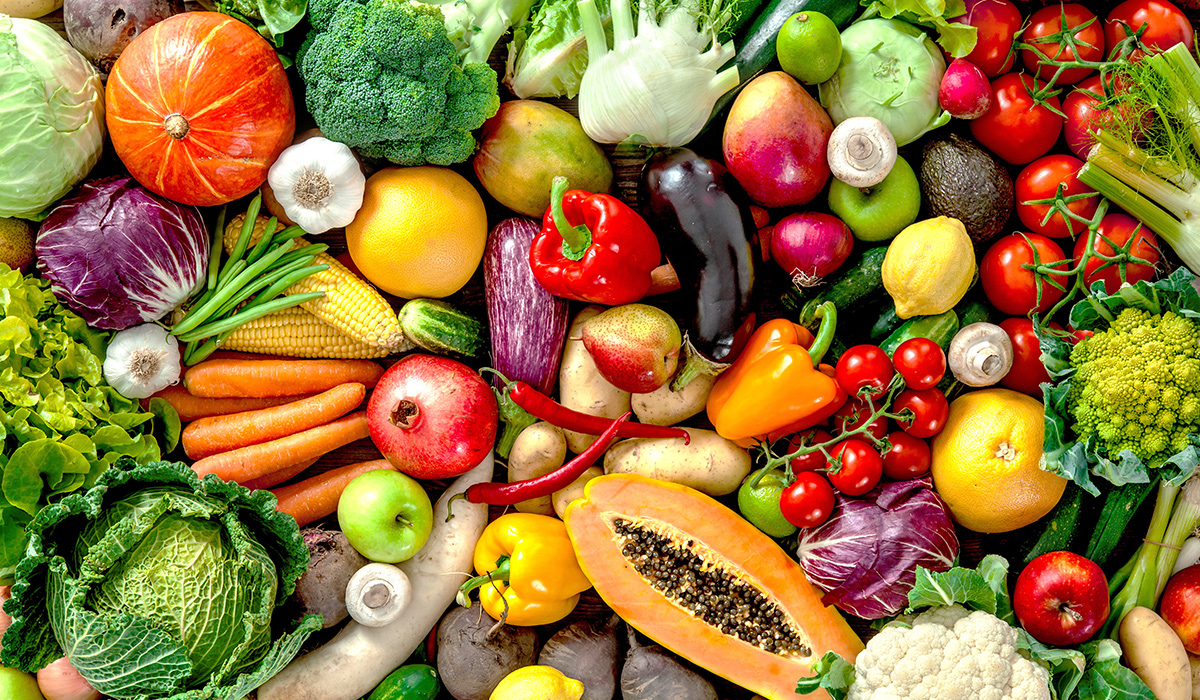How nutritionists look after their guts
01 Nov, 2023
It seems everyone's talking about gut health. UK Google searches for 'How to get good gut health' have soared by over 5000% in the past five years.
So, have you ever wondered how nutrition experts look after their guts? We asked Nutracheck Nutritionists Emma White and Amy Wood to share the five things they do every day for good digestive health – and they're surprisingly simple.
What does gut health mean?
First, let's look at what we mean when we talk about gut health. Recent research suggests that the gut microbiome has a huge role to play in our overall well-being. Studies link gut health to our immune systems, brain function, and nutrient absorption.
The 'gut microbiome' refers to an ecosystem of microbes that exists within the digestive system. Each of us has a unique microbiome that is delicately balanced and can be influenced by a number of factors.
What does gut health mean?
Here's what Nutritionists Emma and Amy recommend for good digestive health.

1Eat wholegrains every day
In comparison to 'white' or processed cereals, wholegrains retain all three parts of the grain: the bran (where most of the fibre is), the germ (where most of the nutrients are), and the endosperm (where much of the starch is). The inclusion of all of these parts makes wholegrains more nutrient-rich and higher in fibre than their processed counterparts.
In particular, wholegrains are a great source of insoluble fibre. This creates bulk and helps food to move through the gut, keeping the digestive system regular.
Emma enjoys a range of different wholegrain in her meals. “I try to use wholewheat pasta, brown rice, oats and rye – or if I'm feeling adventurous, I might experiment with more unusual varieties, such as spelt, buckwheat, quinoa, amaranth, and freekeh”.

2Add friendly bacteria
Probiotics are foods and supplements that contain cultures of live friendly bacteria. By eating more of the good variety, we can help re-establish a balance by helping to reduce potentially harmful bacteria.
Amy includes probiotic-rich foods in her daily diet. “Look for yogurts that list 'live and active cultures' on the label, or try including fermented foods such as kimchi, sauerkraut, miso, kefir, kombucha, and tempeh”.

3Increase fruit and vegetable intake
We need both insoluble and soluble fibre in our diets for good gut health, and fruit and veggies are a great source of the soluble variety. This helps soften stools and ease constipation, as well as providing a vast array of nutrients that are important for good health.
Emma's top tip is to add fresh fruit to your morning porridge or cereal, pair a side salad with your lunchtime soup or sandwich, or snack on crudités throughout the day. “Get creative and aim to 'eat the rainbow' – the more variety, the better!”

4Drink plenty of water
Drinking plenty of fluids is very important for our digestive health as it helps to keep everything soft and moving regularly. Make sure you’re getting at least 8 glasses a day.
Amy says “People often tell me they don't like the taste of plain water and find it hard to drink the recommended number of glasses,” Amy says. “An easy tip is to add a flavour infusion such as slices of lemon, lime, mint or cucumber as a natural, low-calorie option. Alternatively, a splash of sugar-free squash can liven up your liquids, too.”

5Reduce alcohol intake
Drinking too much alcohol has been linked to numerous health issues, and gut health is no exception. Studies suggest that alcohol can cause inflammation in the gut when consumed in large amounts.
Finally, when it comes to gut health, variety is key. Researchers found that people who ate more than 30 different plant foods each week had a more diverse gut microbiome when compared with those who ate 10 or fewer. So if you're just starting to think about gut health, eating a broad diet with plenty of fruit and vegetables, as well as incorporating Emma and Amy’s top tips, is a great place to begin.












